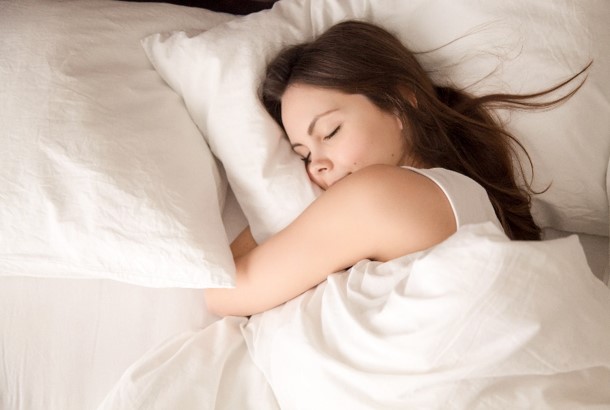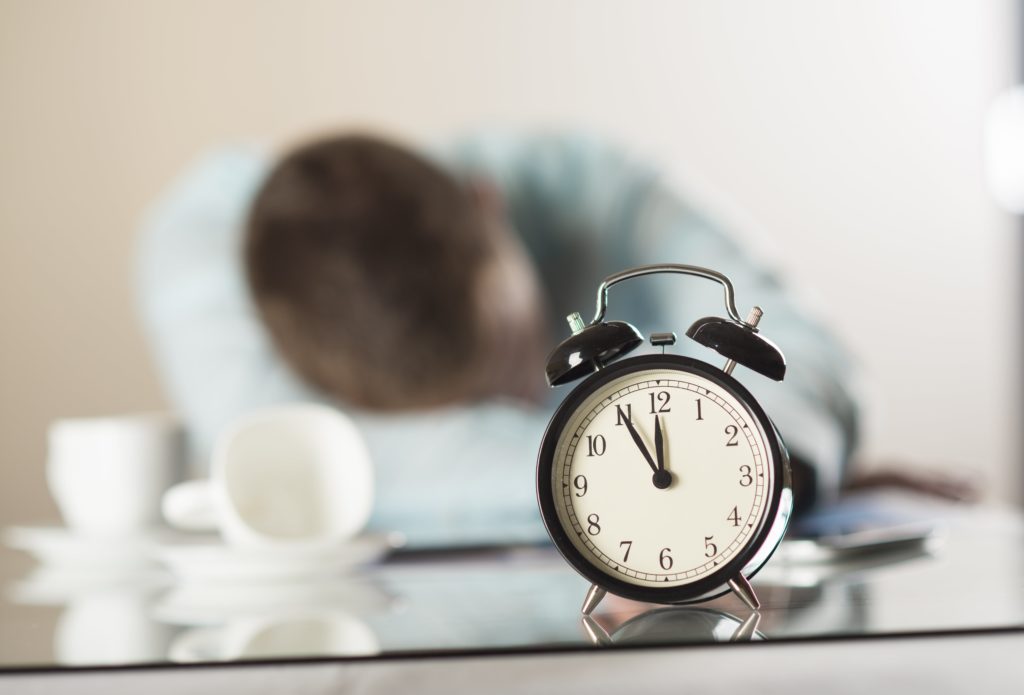Introduction
Consumer attitudes and behaviors towards sleep health are shifting and trends are evolving. With the Covid-19 pandemic being a leading factor to changing attitudes, 46% of global consumers state their sleeping habits have worsened over the last two years. The impact of technology is also a notable cause of the decline in sleep health.
With increasing consumer awareness, people are on the lookout for products and ingredients that aid sleep health. The popularity of natural products such as lavender and chamomile, (and in some regions, CBD) means brands and manufacturers must seek ways to align their products to consumer attitudes.
Attitudes
When it comes to sleep health, consumers admit that they are not entirely satisfied. One in three consumers admit that they are dissatisfied with their bedtime routines and general sleep health, with difficulty falling asleep and waking up throughout the night.
A leading factor in the decline in sleep health has been the Covid-19 pandemic, with 60% of global consumers somewhat or strongly agreeing with the statement “my sleep health has been impacted by Covid-19 in 2022”. Furthermore, in 2019 32% of consumers stated that they find it somewhat or very difficult to fall asleep. By 2020 this figure had risen to 40%, before declining to 36% in 2022.
The amount of sleep consumers get on a typical night has decreased since 2019, when in 2019 approximately 1 in 4 consumers reported getting more than 8 hours of sleep nightly, whereas in 2020, and remaining until 2022 this fell to 12%.
Another leading factor for the decline in sleep health is technology, with 71% of global consumers claiming this was an attribute to their sleep worsening over the past two years. Digital dependency is a key factor that has contributed to poor sleep health, due to screens being an easy distraction as well as emitting blue light, negatively impacting the overall quality of sleep and health.
Actions taken to improve sleep health
Consumers are taking a more holistic approach to health, recognising that changing their diets can not only improve their digestive health but their sleep health too. Over the past two years, there has been a rise in consumers who are somewhat or very interested in food, drink and supplement products that help improve sleeping patterns. This indicates to brands that they should take note of the relationship between digestion and sleep health.
73% of global consumers somewhat or strongly agree that there is a direct link between good digestive health and having good sleeping patterns. Traits like over-indulging or eating too close to bedtime, have a negative impact on sleep quality. Good digestive health is linked to good sleeping patterns, with a healthy diet and structured mealtimes being a solution that can overcome digestive problems.
With sleep struggles on the rise, more consumers are looking towards products that support and improve their sleep health. The most common product being hot teas, with drinks being preferred over food when it comes to improving sleep health. In addition to food and drink, the acceptance of CBD is on the rise, most notably in North and South America, due to it being more socially accepted. With the increase in acceptance of CBD oil, brands and manufacturers must ensure they use supporting evidence that CBD products are safe and not addictive as consumers presume. For example, 37% of consumers say they are concerned about the side effects of cannabis oil.
Recommendations
Brands and manufacturers need to ensure that products are deemed green and clean. People want reassurance that food, drink and supplements are free from ingredients seen as detrimental to their health, as well as the wider environment. Consumers want products designed for improving sleep to be 100% natural, with preferred ingredients being: lavender, chamomile, jasmine, hibiscus, and dandelion.
Products must remain hassle-free and compromise-free. In a cost-of-living crisis, products must be deemed as good value for money, while offering maximum convenience. In addition, consumers value multifunctional products, due to efficiency and convenience. This is because many consumers will not have the time, motivation, or financial capabilities to seek out specific products for specific health solutions. Furthermore, as consumers become more conscious about their health, they can become more skeptical, feeling that brands can make misleading claims to capitalize on desires for instant health solutions.

